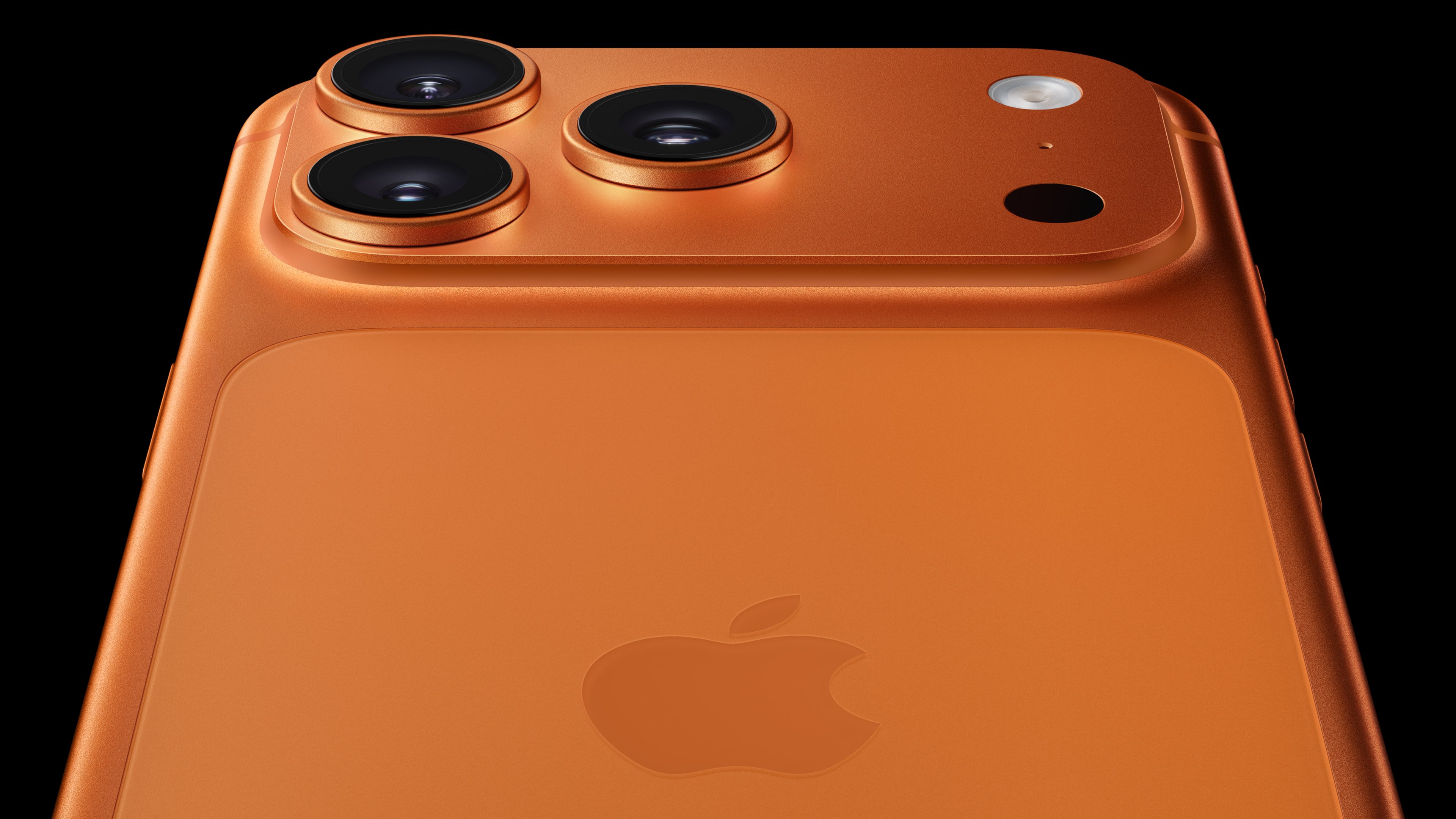Which company has had the biggest impact on the U.S. smartphone market in the last year? Apple (AAPL 0.68%)? Samsung (NASDAQOTH: SSNLF)? Google? No -- without question, T-Mobile (TMUS +0.72%).
The company's "Uncarrier" initiatives have set off a chain reaction within the industry, leading other carriers, notably major rivals AT&T (T 0.43%) and Verizon (VZ +1.04%), to make major changes to their policies. The entire industry is in the midst of a revolution.
Getting more for less
For the telecom giants, profitability may be threatened, as competitive pressures have forced them into more aggressive pricing policies. Last week, for example, Verizon doubled many of its subscribers' monthly data caps for no additional charge.
AT&T has been even more aggressive: Earlier this month it rolled out a new family plan that it touted as being $100 less than a similar family plan from Verizon. AT&T is also offering its subscribers $100 credits for each new line they add, and (though it has since ended the promotion) was offering T-Mobile's customers up to $450 to switch.
T-Mobile, of course, was instrumental in leading the charge, but has intensified its efforts in recent months, particularly with its plan to pay off subscribers' early termination fees if they made the switch.
The end of subsidies
The overarching theme behind T-Mobile's new policies, and one that's been adopted by its competitors, is a move away from smartphone subsidies. T-Mobile dropped them altogether last year, requiring its subscribers to bring over an old handset, purchase a new one outright, or pay for it in monthly installments. AT&T and Verizon still offer subsidies, but they're clearly in the process of getting rid of them.
That new AT&T family plan, for example, does not include subsidies of any kind -- like T-Mobile, any families that elect AT&T's new plan must pay for their own handsets. Likewise, Verizon's new "More Everything" plans that gave existing subscribers more data also made its Edge program more attractive.
Edge is Verizon's alternative to T-Mobile's Jump plan, which lets Verizon subscribers get a new handset more often as long as they're willing to forgo subsidies. Last week, Verizon announced that it was reducing the cost of these plans by $10 or $20 for new customers.
Smartphone-makers like Apple and Samsung have long depended on subsidies to sell their more expensive handsets. Although Apple's iPhone 5S and Samsung's Galaxy S4 cost upwards of $600, most U.S. subscribers pay only a fraction of that cost -- their carriers pay the difference.
But without subsidies that's no longer the case, and subscribers can reduce their monthly bill significantly by choosing a cheaper handset. Intuitively, it would seem that subscribers who elect these plans would pick a less-expensive phone, as they could save themselves a great deal of money over time.
Yet that doesn't appear to be the case -- according to Consumer Intelligence Research Partners, customers who choose these plans actually tend to select more expensive handsets: They favor Apple's iPhone 5s over the 5c, and Samsung's Galaxy S4 over its less expensive alternatives.
Still, the rise of subsidy-free plans could result in longer upgrade cycles, as subscribers on these plans see their monthly bills drop once their handsets are paid off -- a luxury that subsidized handset owners didn't enjoy. Or it could result in more upgrades, as consumers on these plans can buy new handsets more often (assuming they're willing to pay). With subsidized plans still representing the majority of smartphone purchases, this is one trend that's still in its early stages, but could have major effects on the handset-makers over time.
Remaking the industry
At this point, it's overwhelmingly clear that T-Mobile has changed the wireless industry forever, giving consumers more choices and reforming the ways rival carriers do business. While that's great for consumers, that might not be the case for investors -- with competition increasing, the profitability of companies like Verizon and AT&T could be challenged. Even the business of handset makers like Apple and Samsung is thrown into doubt by the loss of subsidies.
The Motley Fool's Sean Williams didn't include T-Mobile's John Legere is his list of the five best CEOs of 2013. In retrospect, I think that was clearly a mistake. Under Legere, T-Mobile has gone from a bottom of the barrel, second-tier provider to the prime mover within the industry.






